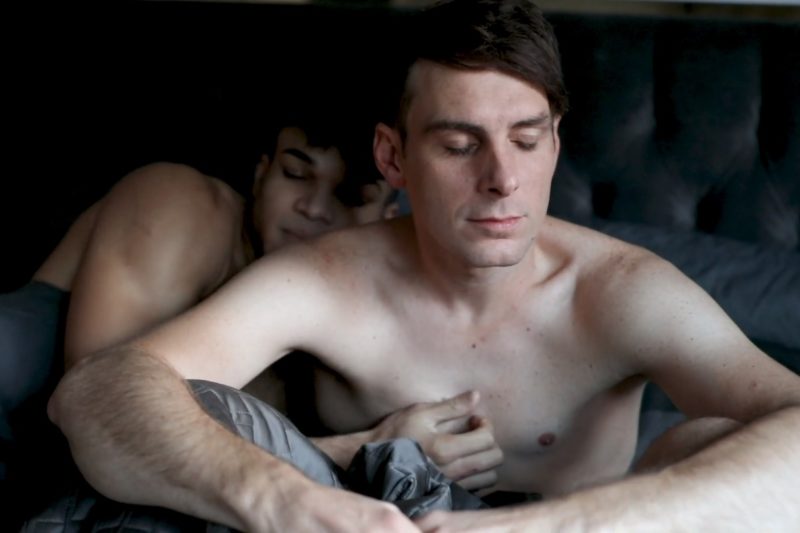‘Hey Jesus, Do You Love Me the Same?’: Out Christian Rock Star Trey Pearson on Closeted Industry Figures, His Evolving Faith, and Brand New Video
I think all of these [Christian rock stars] who find the courage to share their truth make a huge impact, and if everyone in contemporary Christian music and the church was honest about their own truth, their own questions, and their own beliefs, I think we would progress a lot quicker.

I am in the studio working on a few new songs right now, and I’ll be releasing a single with two new songs this fall. I am also working on a memoir, which will be my first book, and a couple of other projects.
I continually try to advocate for LGBTQ people in religion and politics. I am optimistic, and I do believe the world is evolving faster than ever on LGBTQ acceptance and equality. Of course there are still people hard at work in religion and our government who hate this, and they are trying to force us back as we continue to take steps forward. I believe representation matters. I think telling our stories matters. I was able to eventually find freedom because other people fought for representation and shared their stories publicly, and I hope that I can continue to be a part of what helps others find their freedom as well.
Thanks again for taking the time to do this interview, Trey. You’re an inspiration to me, and I’m sure to countless others. I hope that when you get right-wing Christians attacking you on social media, or you deal with non-affirming family, that you remember how much you mean to many of us. Is there anything else you’d like to say before we sign off?
I think that covers it. Thank you, Chrissy.

